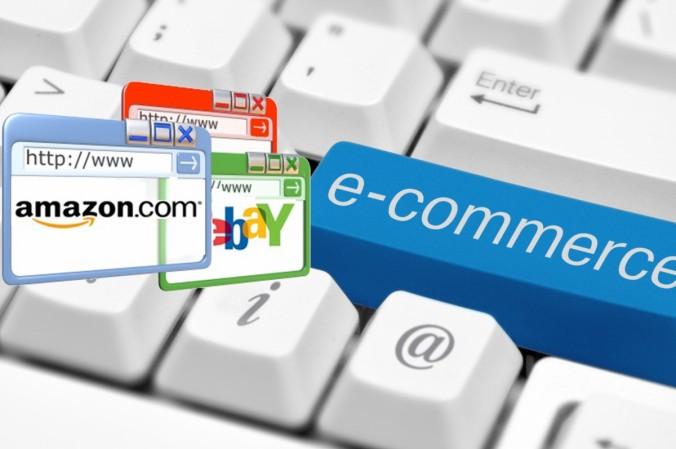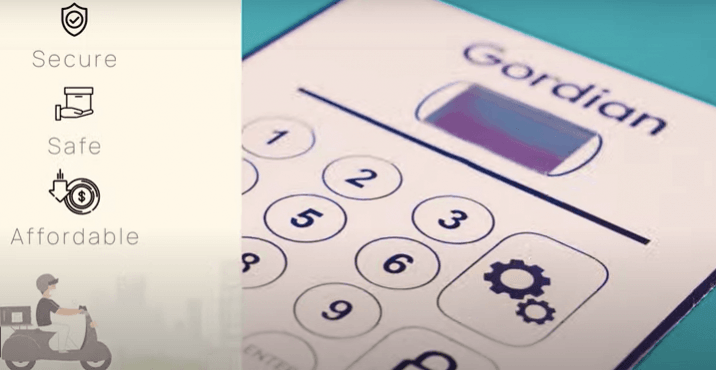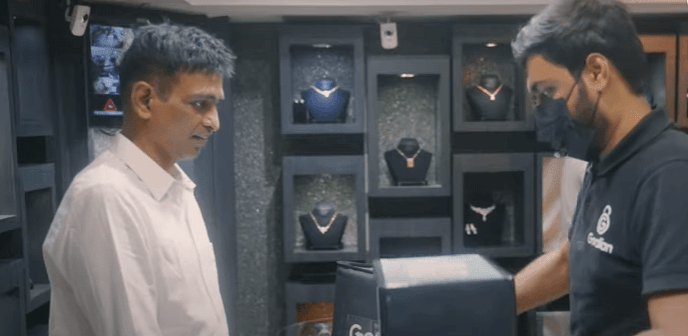In a world of 10-min deliveries, the focus of hyperlocal deliveries has shifted drastically from dependability and experience to speed. Such a shift in focus often comes at the expense of security.
Such quick hyperlocal models work only for low-value products such as groceries and food where the replacement cost of the package is very low. Thus, FMCG retailers and kirana shops have moved from making close-proximity deliveries through their own staff to using on-demand hyperlocal companies.
The industry has been consolidating its offerings such as groceries, food, and medicines due to the high frequency of orders allowing for high utilisation of delivery executives and strong unit economics. On the other hand, retail brands and e-commerce companies dealing with jewellery, electronics, and other high-value items do not have a ready last-mile chain that is fast, affordable, and scalable.

The logistics industry as a whole is fraught with delivery-related thefts, damages, and frauds. E-commerce companies are taking the brunt of it all through customer refunds and seller protection reimbursements. Apart from this, even local retailers can't afford to refund the customers or absorb the costs as one bad delivery experience has the potential to wipe out an entire month's profits.
The industry is currently solving these problems through people, processes and, a sub-par customer experience where deliveries extend up to 7 days even for available local inventory. This is due to lack of an on-demand last-mile delivery company offering secure deliveries.
How will future purchases happen?
Although there has been some early adoption for online jewellery purchases (only 5% of jewellery sales are made online), there is a large set of customers who prefer offline purchases due to various reasons: sub-par returns experience, delivery times, and the fear of the product being tampered, among other reasons. The "what-if" is too strong a reason for customers, which is detrimental to mass-adoption.

The population of the future who will buy jewellery will require products to be delivered at the tap of a button irrespective of value. Other categories are equipped with technology and quick logistics. But for the premium segment, the marketplace ecosystem and supply chain required to cater to this is virtually non-existent.
What's happening now?
The current secure logistics mechanisms are manual, expensive, and rely on post-incident controls like insurance. A few companies even use expensive armoured trucks for small e-commerce deliveries limiting scale and resulting in poor unit economics.
How does Gordian intend to solve this problem?
Bangalore-based Gordian Technologies provides intra-city secure deliveries where deliveries are undertaken using smart portable lockers that unlock only through an OTP entered by the customer. All their delivery executives undergo extensive background verification, including criminal and residential verification.

Further, the devices come with industry-grade internal cushioning to protect the packages from damage. The devices can also be tracked in real-time through in-built GPS and provide additional visibility of the parcels through access-control sensors.
Currently operational in Bangalore, the company also facilitates insurance with ICICI Lombard for its jewellery deliveries.
The startup has been catering to hundreds of businesses, including CA firms, law firms, and electronic rental companies, as part of their limited pilot over the last few months where they have delivered items from confidential bills to MacBooks. Gordian works as an extended logistical arm for businesses by handling their entire operations on a pay-per-use model, providing flexibility to businesses with staggered demand.
Launch of Gordian for Jewellery Deliveries:
Gordian said it has started jewellery deliveries in Bangalore due to popular demand. Given the high-value nature of the products, Gordian says it worked extensively with insurance companies to provide industry-leading rates to jewellers and put in extensive processes in place from customer onboarding to delivery partner onboarding to ensure technology and people can work together to provide a seamless experience to customers buying jewellery.
We spoke to the founder, Prajwal Ajay, who said "We have gained customers in the high-end electronics, both retail and rental segments. Our next plan of action is to enter the vast jewellery market, which is currently underserved. This market constitutes 7% of the country's GDP, but its online penetration is still a meagre 5%. With Gordian solving the logistical leg, the jewellery market will be set to go online"

Gordian has already started to work with a few selected jewellers in Bangalore, enabling them to provide 2-hour deliveries to their customers, completely transforming the buying experience for the customers.
"Over the past 3 years, we have spoken to jewellers across the country to understand their concerns. We have obsessed over this problem statement and built the product & tech and set up operations to build a secure supply-chain for the next generation businesses," the founder said.
The team at Gordian comprise of engineers and CAs who have built businesses, products, and have been part of extraordinary teams at the Big 4 professional firms and other startups. Each team member brings a diverse experience to the table from technology and mechanical expertise to strategy and marketing.












